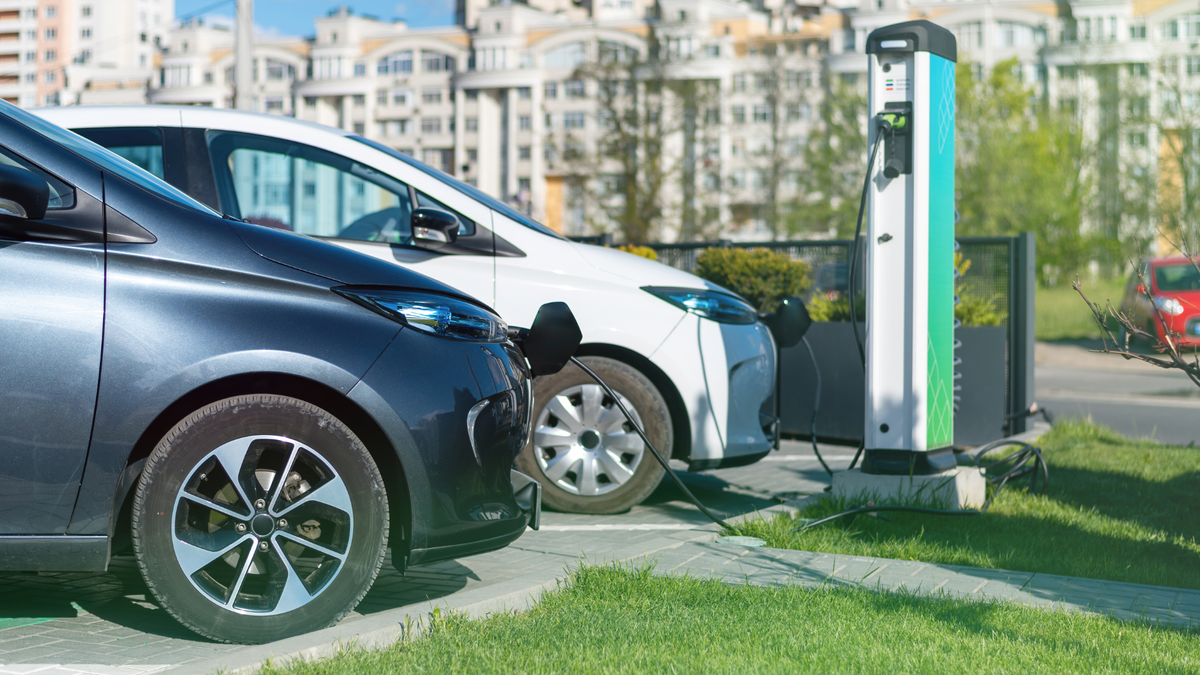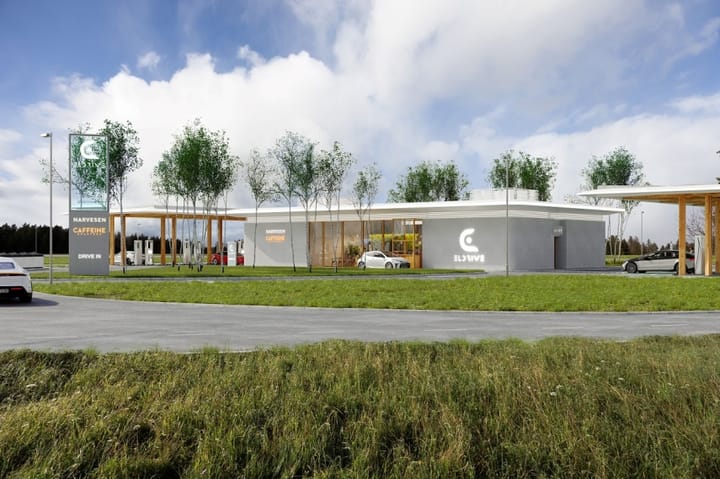Surge in Electric Vehicles and Charging Stations in Poland Marks 2024 Milestone

Poland's electric vehicle (EV) market is witnessing a remarkable surge in 2024, with significant growth in both the number of EVs and the expansion of charging infrastructure. According to the latest data from the Polish Alternative Fuels Association (PSPA), the number of electric vehicles on Polish roads has reached 70,000, a substantial increase from previous years. This surge underscores the country's commitment to sustainable transportation and reducing carbon emissions.
The report highlights a robust 40% year-over-year growth in EV registrations, driven by a combination of government incentives, increased consumer awareness, and the growing availability of charging stations. As of mid-2024, Poland boasts 8,500 public charging points, marking a 50% increase compared to the same period last year. This rapid expansion is a crucial factor in alleviating "range anxiety" among potential EV buyers, making electric cars a more viable option for everyday use.
Leading the charge in infrastructure development is the state-owned company PGE Polska Grupa Energetyczna, which has significantly ramped up its investments in the EV sector. PGE aims to install an additional 3,000 charging points by the end of 2024, focusing on urban centers and major highways to enhance accessibility and convenience for EV users.
The private sector is also playing a vital role. GreenWay Polska, one of the largest private operators of EV charging stations, has announced plans to expand its network by 1,000 new charging points within the next year. This initiative is part of GreenWay’s broader strategy to support the transition to electric mobility and capitalize on the growing demand for EV infrastructure.
PSPA President Maciej Mazur emphasized the importance of continued investment and innovation in this sector. "The growth in EV adoption and charging infrastructure is a positive sign, but we must maintain this momentum to meet our climate goals and support the transformation of the transport sector," Mazur stated.
The Polish government has also introduced new policies to stimulate the EV market, including subsidies for electric car purchases and tax incentives for businesses investing in charging infrastructure. These measures are designed to accelerate the shift towards electric mobility and reduce the country’s dependence on fossil fuels.
Despite these advancements, challenges remain. Industry experts point to the need for standardized regulations and improved grid capacity to support the increasing number of EVs. Moreover, public awareness campaigns are essential to educate consumers about the benefits of electric vehicles and the available incentives.
The ongoing developments in Poland's EV market represent a significant step towards achieving the country's environmental objectives and aligning with the broader European Union goals for carbon neutrality. As 2024 progresses, Poland’s efforts in expanding its EV fleet and charging infrastructure set a promising precedent for other nations aiming to embrace sustainable transportation solutions.




